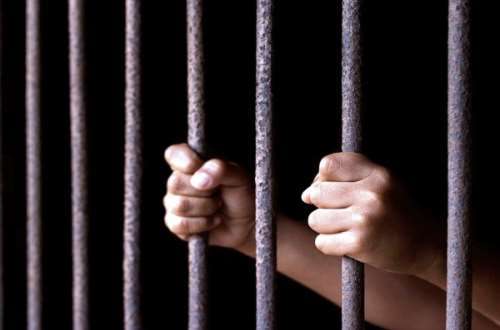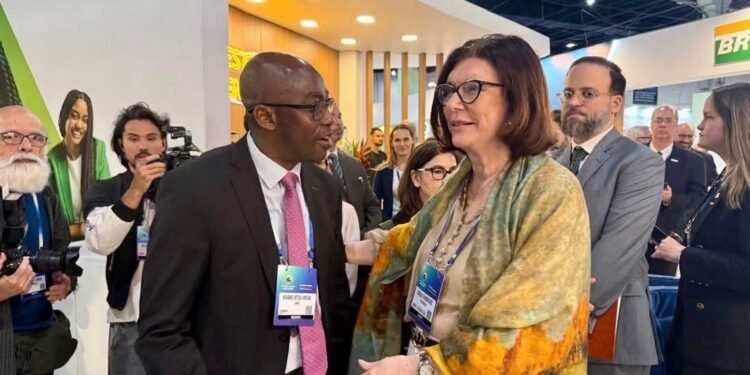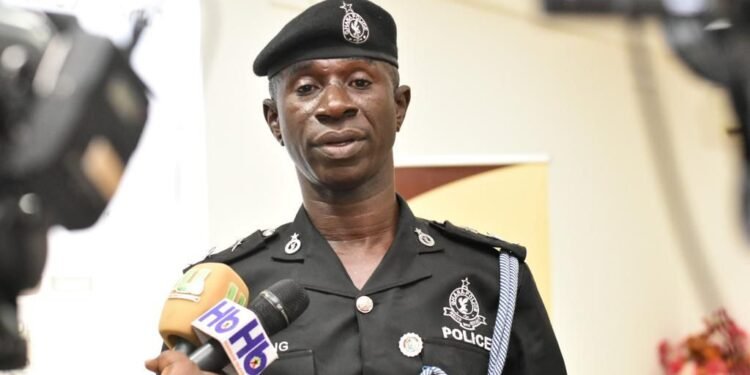Project officer of Commonwealth Human Rights Initiative (CHRI), Anthony Sedzro, has called on government to decriminalize petty offences in the country.
According to him, the conviction of persons who engage in petty offences are most often than not the poor and marginalised in the society. Mr Sedzro explained that in instances where these persons are not able to pay the fine slapped on them, they are left with no other choice than to serve prison sentences.
Mr Sedzro indicated that some of the offences captured in the country’s statutes includes colonial offences such as begging, sanitation offences, drivers who pack on the wrong side of the road and “doing okada business”. He noted that when the laws in the country are critically examined, there are no petty or minor offences. The CHRI Projects Officer indicated that the name given to such offences is misdemeanours.
“Misdemeanours when they happen, the punishment is from zero to three years. All these offences are minor offences and what happens is that, if a person is arrested for these offences, they are taken to court and they are normally fined… Many of the offenders are the poor and marginalised who are fined and if they are fined, they are unable to pay and end up in prison. That is why our coalition is pursuing this agenda and this project to ensure that petty offences are decriminalized”.
Anthony Sedzro
Mr Sedzro intimated that petty offenders are typically slapped with fines ranging from GHS300, GHS500 and GHS1,000. Because these people who commit the offences are poor people, he iterated that they cannot pay and when they default, the only option available to them is to go to jail.
“So, what we have seen over the years is that, a large number of people are imprisoned just because they are poor or they are vulnerable…”
Anthony Sedzro
Challenge of overcrowding in Ghana’s prisons
Spelling out the coalition’s concern for demanding for the decriminalization of petty offences, Mr Sedzro noted that it has to do with the issue of overcrowding in prisons. He intimated that Ghana is currently experiencing overcrowding by 52% and as such, most of these inmates are there for minor offences.
The CHRI Project Officer revealed that these offenders usually get mixed up with hardened criminals and people who have committed serious offences. This, he explained, defeats the purpose of these petty offenders going through reformation.
“So, when they come back, what happens is that they’ve been trained to commit other offences”.
Anthony Sedzro
Following this, Mr Sedzro noted that for a country which prides itself in its democratic ideals, the constitution, which “says that everybody is equal before the law and so people’s rights must be respected”, must be heeded to.
“I am not saying that people who commit minor offences should be set free; we are saying that there should be alternative means of punishment”.
Anthony Sedzro
In April 2018, the Commission on Human Rights and Administrative Justice (CHRAJ), called on stakeholders in the Criminal Justice System to decriminalise and declassify petty offences in order to meet the Africa Charter on Humans and Peoples’ Rights.
It noted that most of the laws that criminalised such offences were outdated, vague and inconsistent with the African Charter on the dignity and freedoms of citizens, especially the vulnerable and poor, who seemed to fall prey to the law.
READ ALSO: Biden Threatens to Punish Putin Over Ukraine Attack























